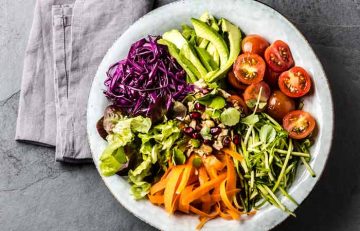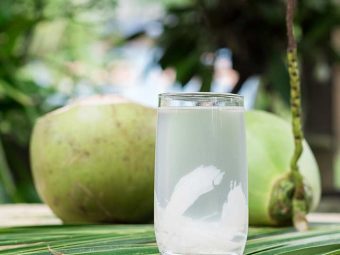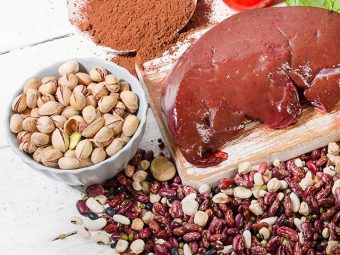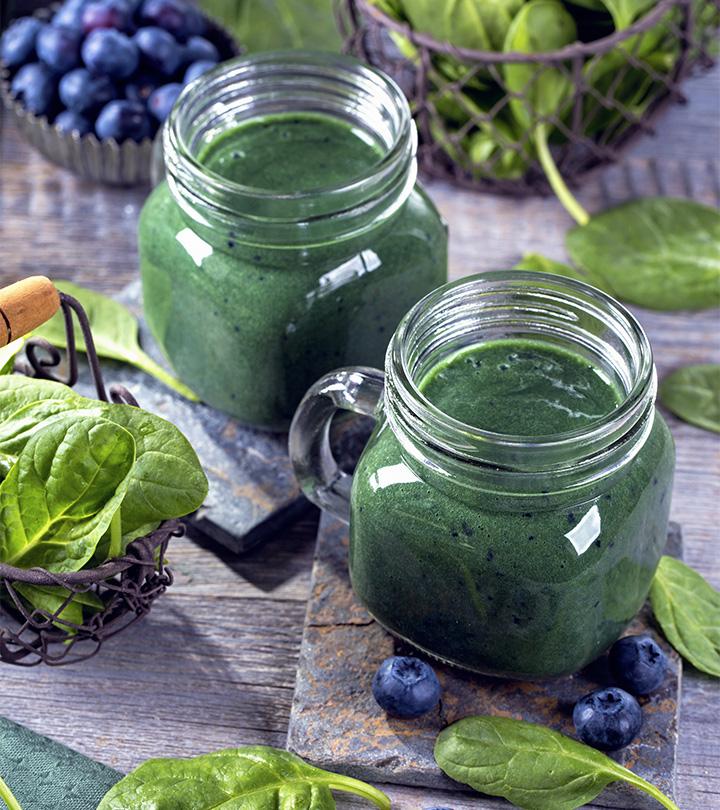7 Tips To Boost Your Immune System By Making Changes To Your Diet And Lifestyle

Image: Shutterstock
If you are looking for ways to boost your immunity to fight off harmful germs, you need to understand that no magical supplement or diet can do the job. The immune system is a vast network of tissues, cells, and organs. This helps fight off outside invaders like viruses, toxins, bacteria, and fungi. Our immune system is a highly complex biological system and requires a balance between all of its parts in order to function correctly. This means that the optimal health of your immune system is reliant on a multifaceted approach and should be focused on making healthy choices. To ensure that your immune system is in its best and fighting form, here are seven practical tips that you can incorporate in your day to day life:
1. Eat Loads Of Vegetables
One easy way to make sure that you are getting enough antioxidants to boost your immune system is to eat loads of colorful vegetables. So make sure that you get enough vegetables like potatoes, green apples, cherries, oranges, mango, tangerines, pumpkins, yams, green kiwi, olives, broccoli, grapes, lime, pears, yellow apples, pineapple, bananas, cabbage, blueberries, kale, raisins, olives, tan cauliflower, coconuts, dates, nuts or even sauerkraut.
2. Ensure You Get An Adequate Amount Of Sleep
If you find yourself in a situation where you can’t seem to find time to sleep and start to lack restful sleep, you will be much more susceptible to falling sick and catching infections. When your body is at rest, it is pretty busy. During this time, your body repairs itself and releases toxins so you can wake up to feel renewed. If you have irregular sleep patterns, you will struggle with your health due to lack of sleep. This will eventually result in a case of chronic inflammation. Inflammation can overburden your immune system and make it less effective at fighting off bacterial and viral infections (1).
3. Eat More Protein
Protein is also enriched with large amounts of zinc. Zinc is a mineral that helps in the production of white blood cells that help fight off infections. To ensure that your system is in the best condition, you should get a good dose of protein. Consume food items like crab, fish, chicken, chickpeas, baked beans, and lentils to get a good amount of protein daily. Not getting enough protein can have significant detrimental effects on your white blood cells.
4. Consider Eating Prebiotic Food
Prebiotics can be found in foods like garlic, onion, asparagus, and banana. They help with maintaining a balanced gut microbiome which is a vital player when it comes to how your immune system functions. They work by causing an increase in the production of good bacteria in your gut. This, in turn, will spark the production of anti-inflammatory cytokines. Cytokines are tiny proteins in your system that help with the smooth functioning of your immune system (2).
5. Learn To Manage Your Stress
When we are in a state of stress, our immune system does not function to its maximum potential. This is because stress causes your body to release hormones like dopamine, adrenaline, cortisol, and norepinephrine. These hormones can decrease your body’s ability to create lymphocytes. Lymphocytes are white blood cells that help your body fight off harmful bacteria and viruses. Activities that can alleviate stress include grounding techniques, meditation, yoga, and mindful breathing.
6. Make Sure That You Have A Large Dose Of Vitamins
When it comes to protecting your body against infection, proper nutrition is one of the key pillars. You need to get the right amount of vitamins if you want your system to function smoothly. Vitamins such as A, B6, E, D, and minerals like iron, zinc, and selenium are enriched with antioxidants. Food items that are rich in vitamins include bell peppers, sweet potatoes, strawberries, carrots, almonds, salmon, avocados, oysters, lean chicken breast, tuna, and beef. The body absorbs essential minerals and vitamins best from food. This is why it is necessary to have a nutritious and well-balanced diet. However, if you are deficient in any nutrients, you should visit a healthcare professional and find out if you can take some supplements.
7. Stay Active And Exercise
Starting with and staying active can also help keep your immune health at its best. Exercise has a vast array of benefits, including improving immune regulation, fighting off inflammation, and delaying the onset of aging. In addition, doing basic and simple activities like dancing, yoga, walking, etc., can reduce your risk of catching illnesses. It can also help your body and immune system fight off any new infections.
Keeping all of this in mind, it is also imperative to keep washing your hands and using hand sanitizer when your hand comes in contact with any foreign surface. This is especially the case when you are outside. Although this won’t really boost the health of your immune system, it will definitely help keep you protected. Our immune system can play a vital role in helping fend off any attacks from bacteria and viruses. While no cure-all can help you strengthen your immunity, making changes to your lifestyle and diet can maximize your immune system’s ability. Do let us know if you enjoyed reading this article in the comment section below.































